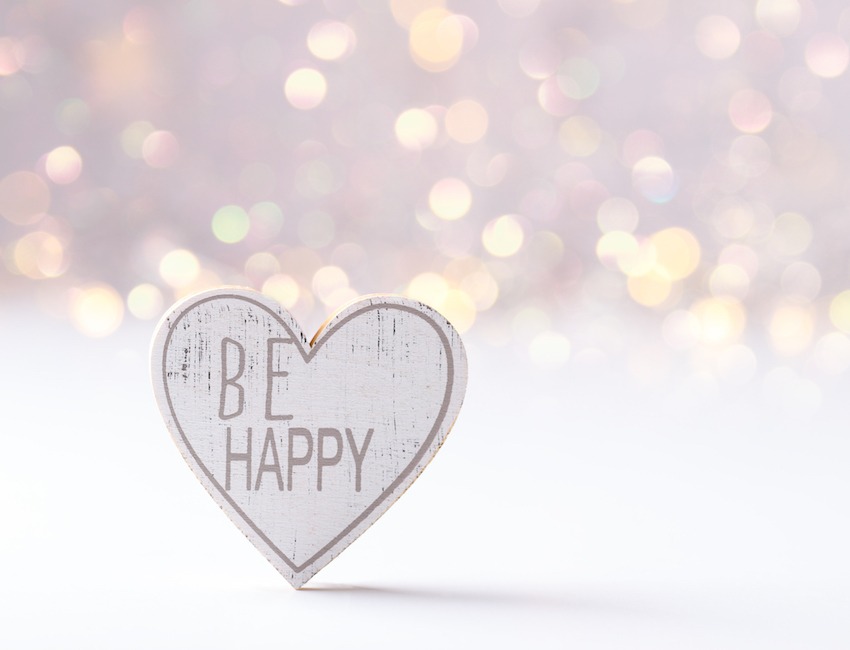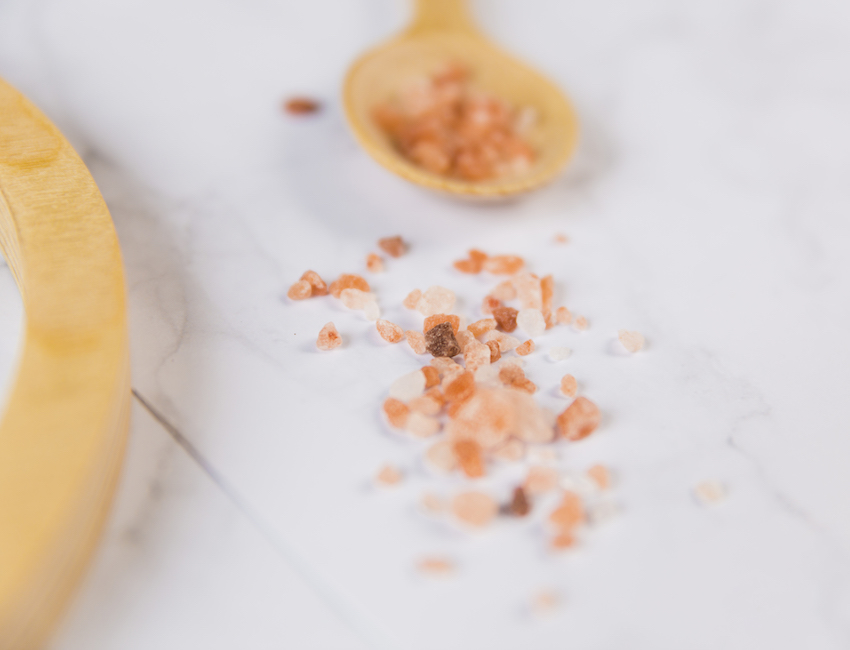Over 40 million Americans (18+), roughly 18 percent of the nation’s population, suffer from an anxiety disorder according to the Anxiety and Depression Association of America. Anxiety can range from mild and sporadic to chronic and crippling.
However, there are many ways to deal with anxiety, and some of them are as simple as changing an old habit or creating a new one. Below, you’ll find a few suggestions. You don’t have to try them all at once either, just pick one or two so you don’t overwhelm yourself.

If you feel as though your anxiety is severely impacting your life don’t be afraid to contact a therapist for professional treatment.
Spending Too Much Time On Social Media
Social media has brought us closer to our friends and family than ever before. It’s allowed us the ability to share experiences across the globe in real time and communicate instantly. But it’s not all sunshine and rainbows when it comes to being connected. If you’re a habitual scroller, liker, or snapper, you’re not alone. You’re also not doing yourself any favors when it comes to managing your anxiety.
But how can checking out the latest memes be a bad thing? The answer is simple. Social media can cause you to unconsciously compare yourself and your own life to the picture-perfect snapshots of your friends (or even celebrities) on social media, and make you end up feeling bad about yourself.
You may also be exposed to multiple bad news stories all at once through your scrolling. This can cause you to feel powerless, hopeless, and worried about the state of the world. Also not great for those with anxiety. That’s not all either. How many times have you decided to check Facebook for ‘just a minute’ only to emerge two hours later feeling disoriented and anxious? Getting sucked down the rabbit hole that is social media can take time away from more beneficial activities and can take attention away from the people right in front of you.
Remedy: Limit your time on social media. You don’t have cut it out entirely but avoid it right after you wake up or before you go to bed. If you feel like you are lacking willpower try setting a timer for 15 to 20 minutes. Once it goes off, you’re done for that specific time of day or for the day period.
Drinking Lots Of Caffeine
For some of you, suggesting you cut back on caffeine is akin to sacrilege. But hear me out before you grab your pitchforks! Caffeine is a stimulant and can lead to anxiety, increased heart rate, shaking, and the inability to sit still. If you’ve noticed that you feel anxious or panicked after your second or third cup, it might be a good time to reevaluate your intake. It’s common for people to report a noticeable decrease in their anxiety levels after just one week of reducing or eliminating caffeine from their daily intake.
If you need it to get you started in the morning, that’s fine. But if you are reaching for cup after cup of coffee, or can after can of soda or energy drinks throughout the day you should examine why you need that boost. Low energy levels could indicate that you’re not getting enough sleep or the proper nutrients your body needs to fuel itself.
Remedy: Limit your caffeine intake to one serving a day or none at all if you can.
Not Getting Enough Sleep
Our bodies and mind need a certain amount of sleep to operate properly. Sleep deprivation not only leaves us tired during the day but it can also make your anxiety worse. Lack of sleep can negatively impact your ability to deal with anxiety because sleep deprivation acts as a chronic stressor, which can lead to an overload on your body’s system.
If your anxiety is making it difficult for you to fall asleep or stay asleep try sleeping in a cool room that’s dark and stop screen time 30 minutes to an hour before going to bed. Keeping a healthy sleep schedule should also help you get those quality “z’s”.
Remedy: Get a full seven to nine hours of sleep per night. No ifs, ands, or buts.
Holding Your Breath/Tensing Muscles
One of your body’s natural responses to anxiety is to tense up and breath in a shallow manner. Shallow breathing constricts the lungs and airways sending your body into conservation and panic mode. Tensing your muscles also triggers the fight or flight response in your brain, again, sending your body into panic mode. And when your muscles are constantly tense they can become tight and painful.
Try to be more aware of your breathing and of your body. By actively combating these habits you’ll be able to counteract them fairly easily. Listen to soothing music at your desk, set an alarm to remind you to roll your shoulders every hour, or download a breathing app that can guide you towards deeper breathing.
Remedy: Taking a deep breath and sighing it out relaxes your parasympathetic nervous system, allowing your body and mind to relax. Remember to stretch and relax your muscles throughout the day too.
Eating On The Go/Eating Unhealthy Foods
This might be a surprise, but how you eat is just as important as what you eat. When we rush through a meal we can add to our anxiety by making ourselves feel rushed. Our digestive system also has trouble working properly when we eat without proper chewing and relaxing. This can lead to a sensation of tightness in the belly, or indigestion both of which can create feelings of anxiety.
Related Post: How a Healthy Diet Leads to a Healthy Mind
For the times when you just have to grab something on the go do your best to make it a healthy choice. Avoid panic-ordering fries in the drive-thru by keeping healthy options available to yourself at all times. Keep pre-portioned veggies in your fridge or sticks of string cheese at work to hold you over until you have time for a sit-down meal.
Remedy: Slow down, and take the time to enjoy your food.
There are many ways to reduce anxiety in your life. An easy way to see what is stressing you out is to keep track of when you feel anxious. Each hour rate your anxiety on a scale of 1 to 10 and make a note of what you were doing during that time period. After a few days you might even be able to pick out a pattern. If you see that your anxiety increases around the same events or the same time of day, sit down and think of (or google!) ways to combat that stressful situation or just avoid it altogether if you can!




5 comments
Excellent advice!! These are super simple ways to lower anxiety. Thanks for sharing!!
Hi Caty! You’re right! These are really helpful strategies. I use to suffer from chronic stress and panic attacks but was able to heal from my stress long term by wiring new neural pathways in my higher brain, thus displacing prior habits of chronic stress. I found it was the most effective out of all the different strategies I tried. -Warmly, Kathleen
YUP! You’ve got it right. Eating that to-go food is the worst. A bright side of having an annoying amount of food allergies is that you HAVE TO pack your own food. Thanks for sharing!
These are excellent, and like you said, you can work on one thing at a time. It’s okay to not be 100% perfect. They aren’t called habits for nothing. Small changes!
Hi Tiffany! You’re very right about how helpful these strategies are. I used to struggle with chronic anxiety and panic attacks but was able to heal from my stress long term by wiring new neural pathways in my higher brain, thus displacing prior habits of chronic stress. I found it was the most effective out of all the different strategies I tried. -Warmly, Kathleen